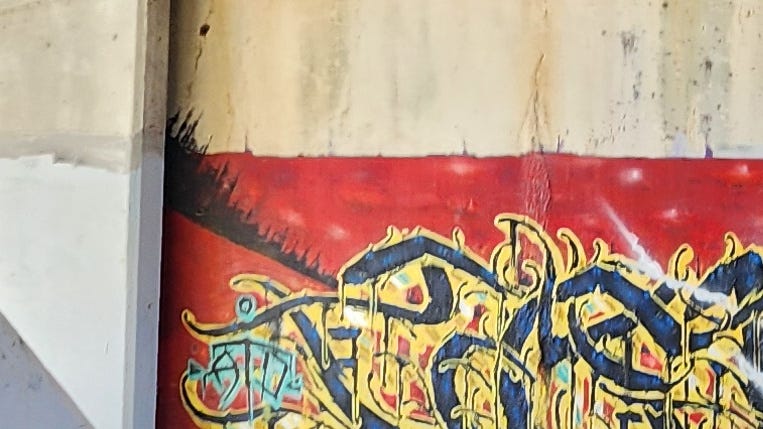There are no good vandals
On steadiness, Booker T. Washington, and the perpetual trouble of vandalism
Vandalism has nearly always been the refuge of the hopelessly outnumbered and the pathologically insecure. It takes effort to build, to maintain, to fix, or to reform, but it also takes a certain amount of moral clarity: At least enough to say, "I think that things can be better, and that the work of humanity is worth salvaging."
■ Mere vandals don't take that step. They break rather than repair because repair comes with commitment -- to fail sometimes (but with honor), to face resistance (but to meet it with gentle persuasion), and to persist in hard work without tiring. It takes steadiness to be worthy of taking custody of something good, whether it's a place, an institution, or an idea.
■ Every generation is challenged by vandals in one form or another. It's important to recognize them, no matter how they're dressed, what resources they possess, or what stations they occupy. Vandals can come in street clothes, but they can come in uniforms, too. Some are anarchists, and some occupy the power of the state.
■ A vandal is one who breaks what belongs to others or what belongs to the public. And vandalism is forever unfaithful to the idea that either humanity is a constructive and cooperative enterprise, or we are no better than the wildest beasts. It would be hard to improve upon the words of Booker T. Washington: "When one takes a broad survey of the country, he will find that the most useful and influential people in it are those who take the deepest interest in institutions that exist for the purpose of making the world better."



